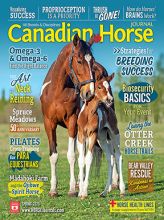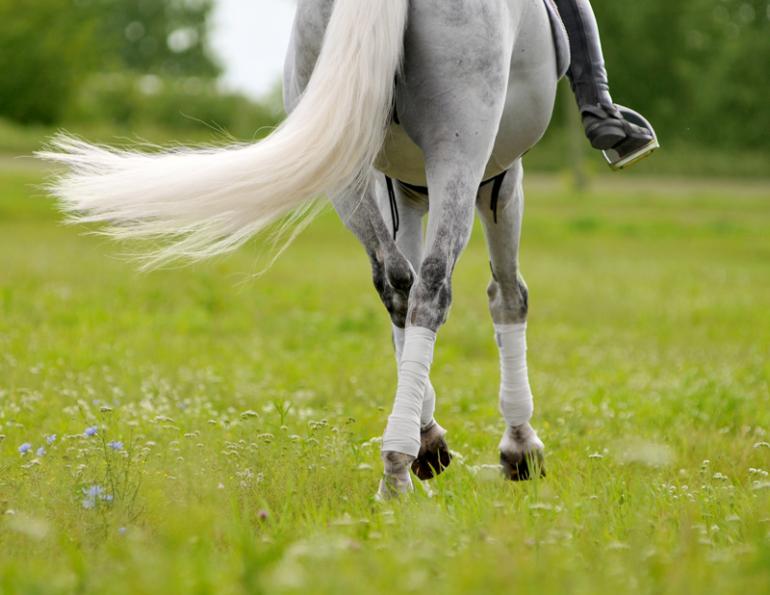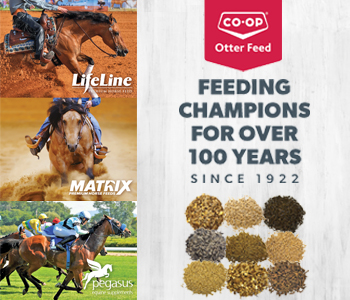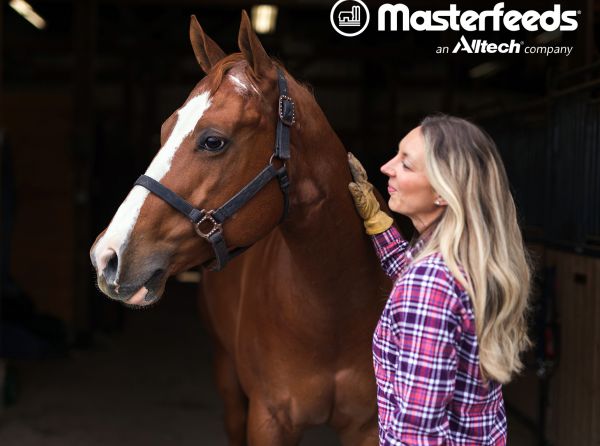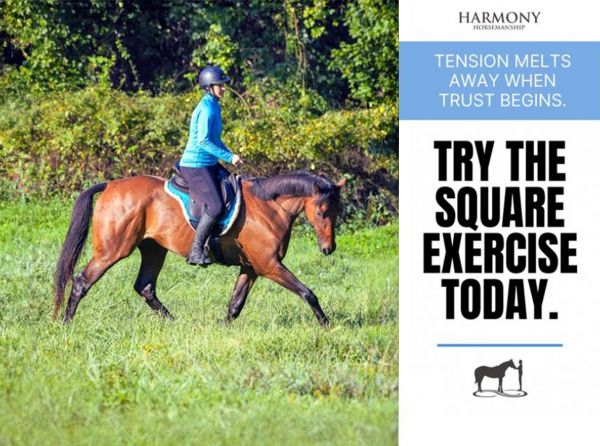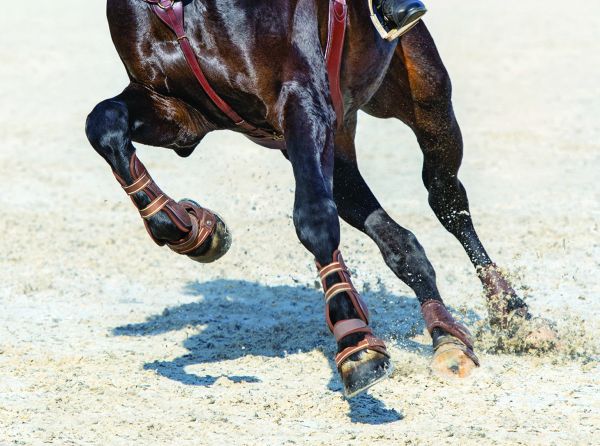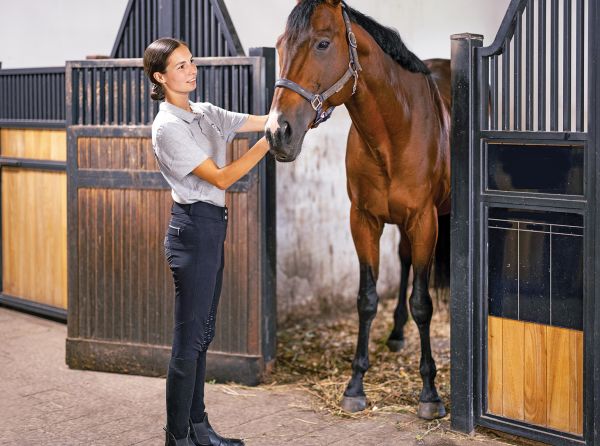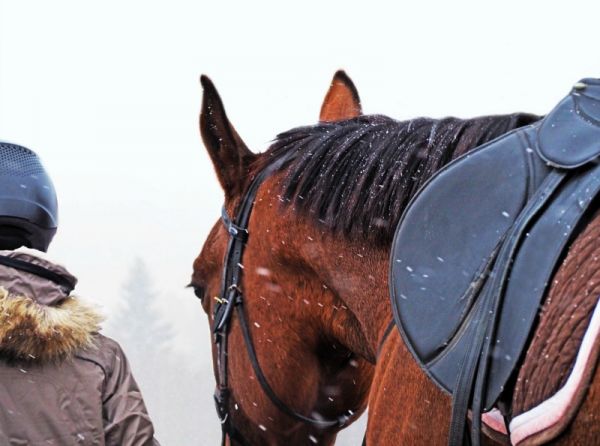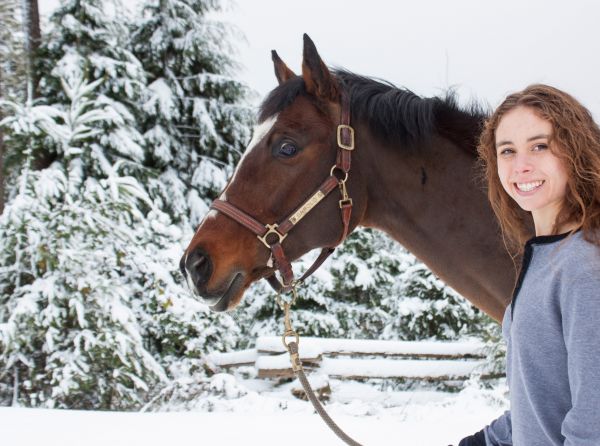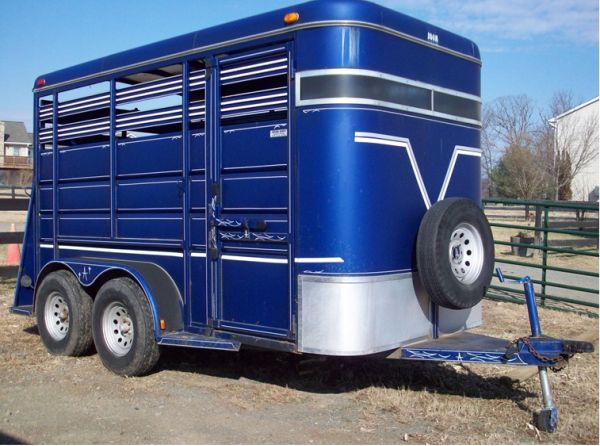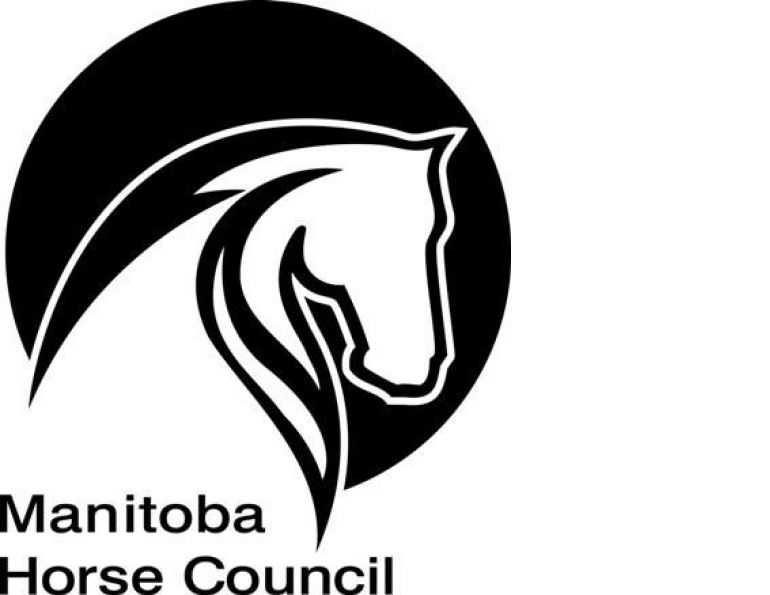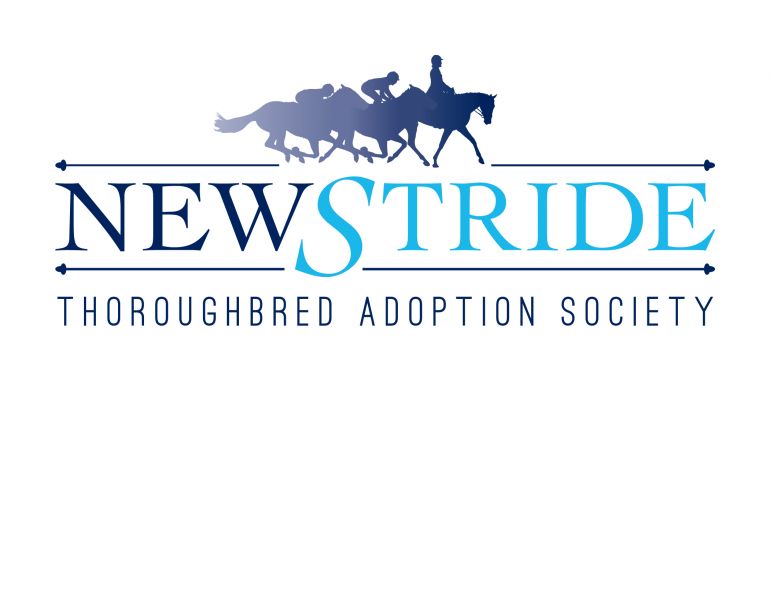By Dr. Katrina Merkies
“Since 2012, I have not missed an ISES conference. It is my most favourite conference to attend, and I have gotten to know amazing people from all over the world, all devoted to improving the quality of life for horses.”
It was 2007, and I was a fledgling professor attending my first International Society for Equitation Science (ISES) conference in Michigan, USA. Having attended previous scientific conferences, I had a preconceived vision of long, boring talks in darkened rooms designed to encourage napping, interspersed with coffee and cookies, and occasional glimpses of the lovely weather outside I was missing. I couldn’t have been more wrong.
From the opening talk on learned helplessness in horses to the closing talk on how rollkur affects horse welfare, I was riveted. I could never have imagined so many people who were interested in training and working with horses in the same way I did. In fact, I didn’t even know there was a term for how I trained horses – learning theory – and a whole scientific field devoted to the study of ethological practices in training: equitation science. It was like walking into a gold mine. And not only that, but the keepers of the gold were the most warm and welcoming crowd possible. These people weren’t sterile, white-coated scientists; they were researchers who owned and rode and loved horses just like me. And unique to this scientific society, membership also included practitioners – veterinarians, coaches, riders, trainers and horse enthusiasts of all walks.
It was a few years before I was able to attend another ISES conference, but that didn’t stop me from embracing the field of equitation science both in my own research, and in my own riding, training, and coaching. It opened up a whole new world where I could call upon justification of my own training methods. There was a growing body of science that supported my approach to starting a horse under saddle or training lateral movements.
Since 2012, I have not missed an ISES conference. It is my most favourite conference to attend, and I have gotten to know amazing people from all over the world, all devoted to improving the quality of life for horses. Professionals whose work I had read and admired I can now call friends. I still greatly admire them, and am honoured to be able to work closely with some of them.
Photo: Canstock/Virgonira


